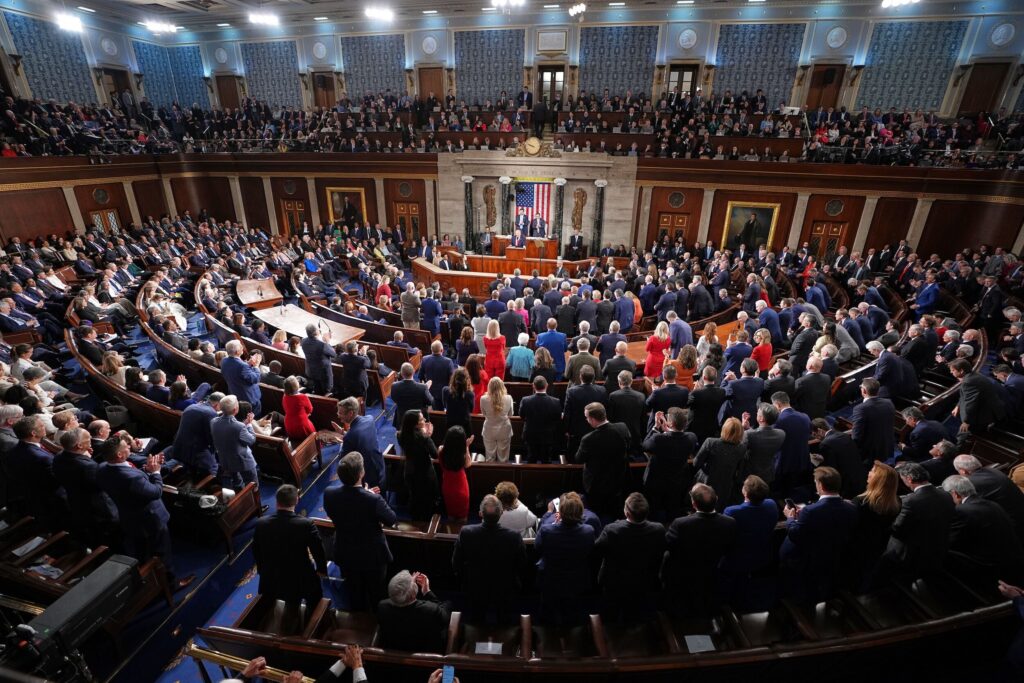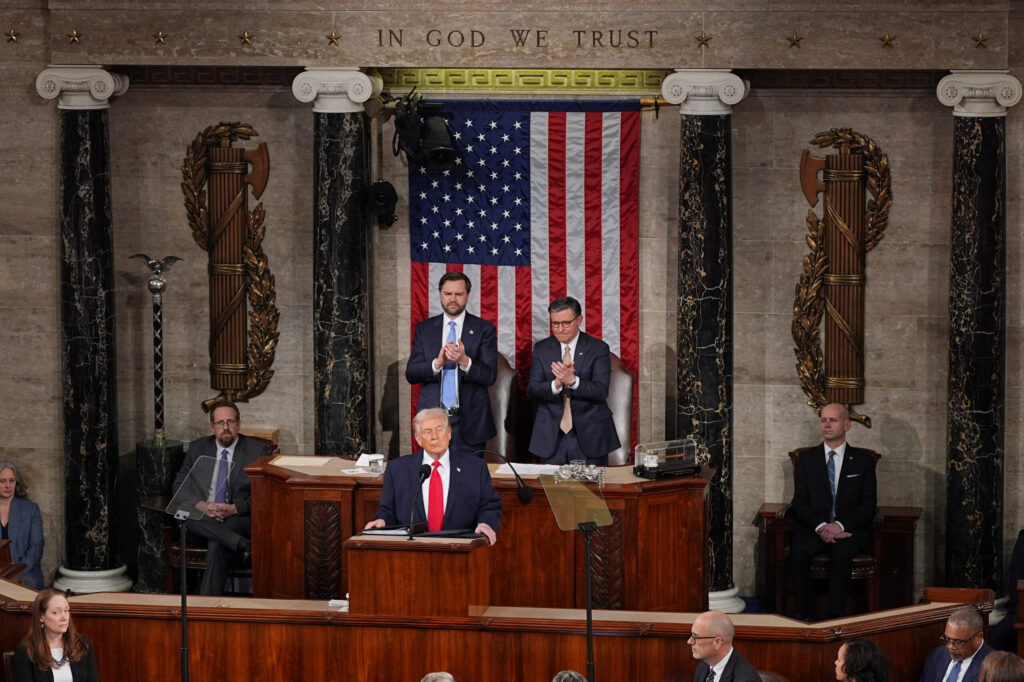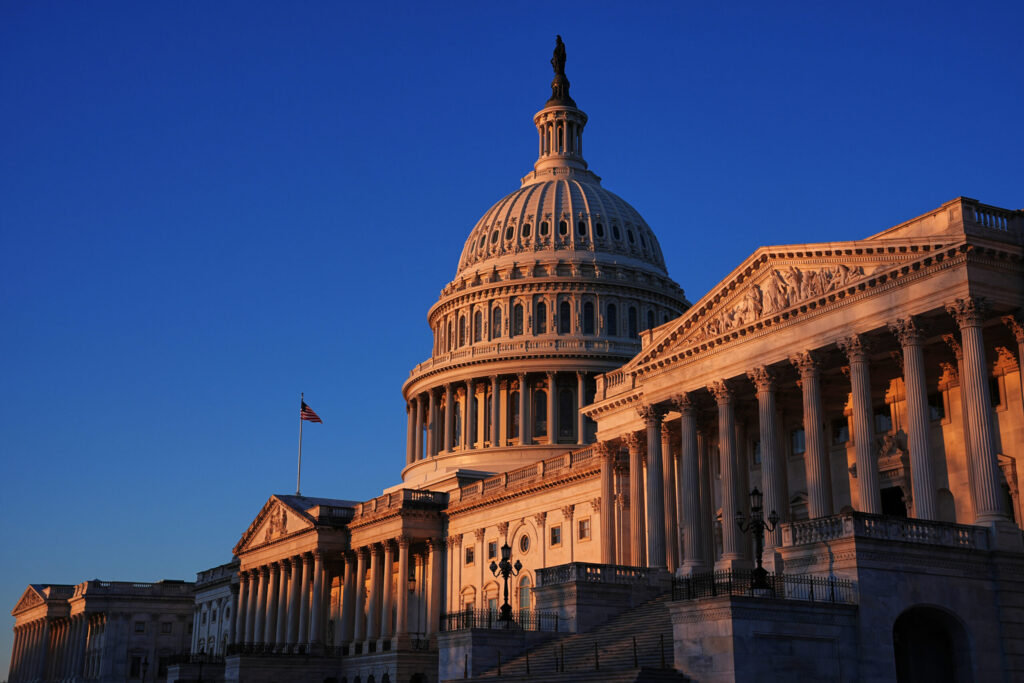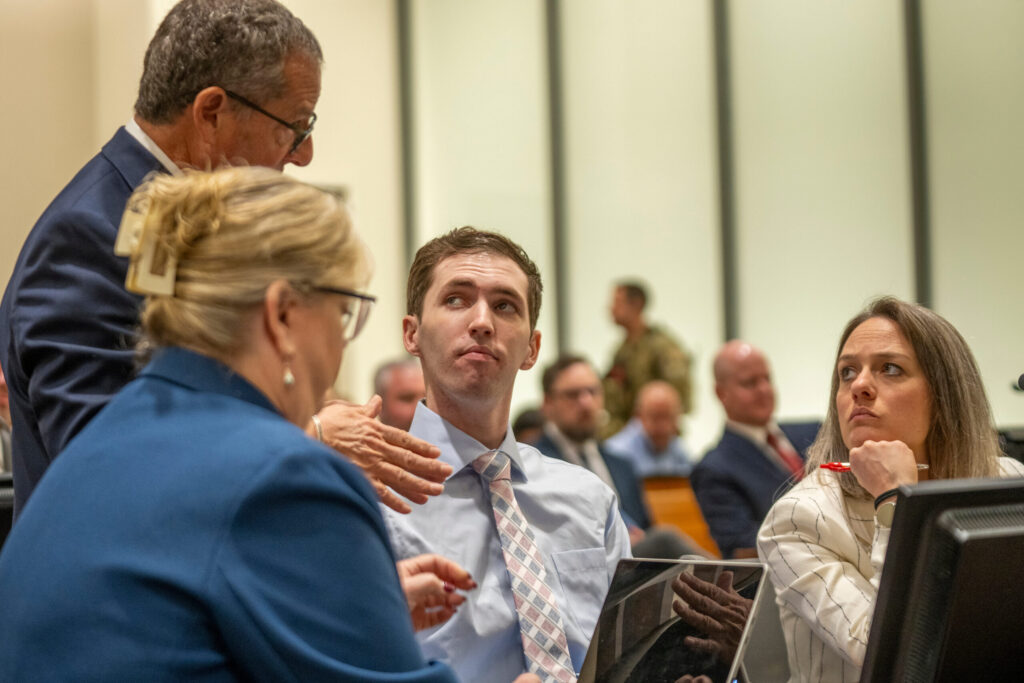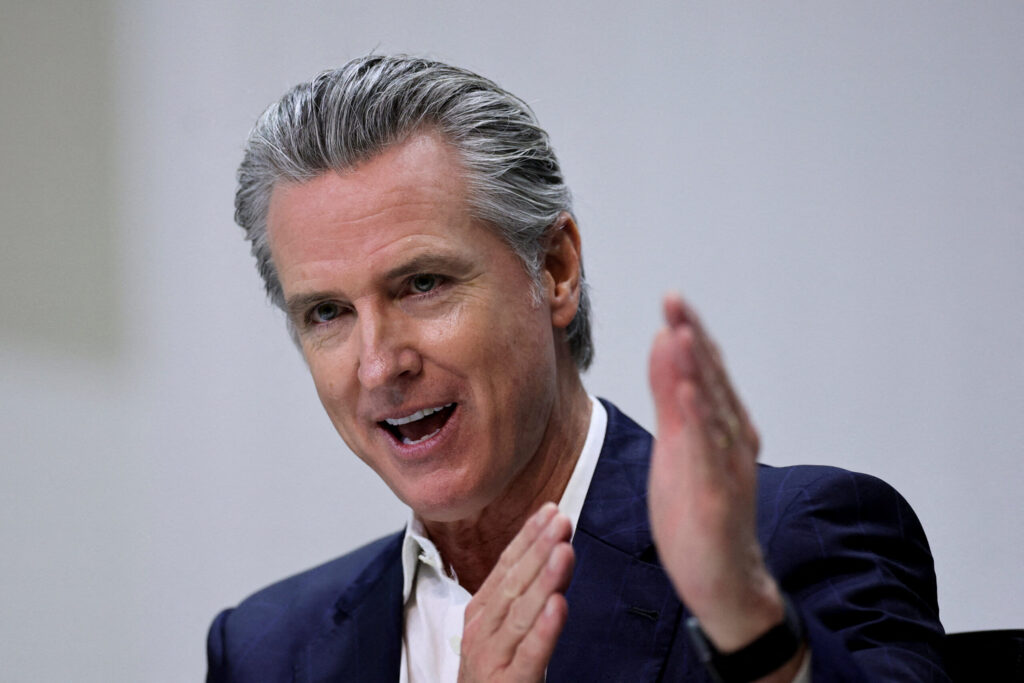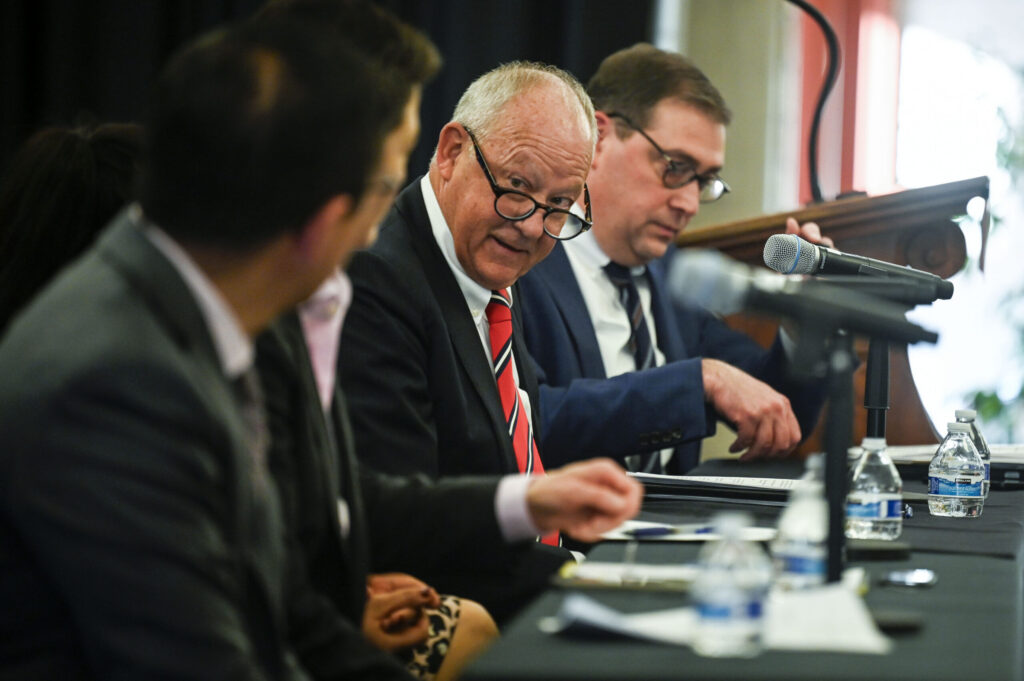Colorado business groups to tell candidates the economic value of education

Candidates for governor are expected to hear the results of a new economic study Tuesday at the Denver Metro Chamber of Commerce. The name of the report lays out the stakes: “What if Colorado Schools Were #1? A Business Guide for Colorado’s Next Governor.”
The learning experience is the work of Colorado Succeeds, the Common Sense Policy Roundtable and 18 other organizations with an interest in the state’s economic health.
The report uses the economic model funded by the REMI Partnership to reasonably project out the effects of Colorado high school graduates getting a post-secondary education or training suitable to get ahead in Colorado’s economy.
More about the report is available by clicking here.
“Education has consistently been among the top concerns for Colorado voters,” said Kristin Strohm, executive director of the Common Sense Policy Roundtable, told Colorado Politics. “With our study, we can accurately quantify just how important education is to Colorado. A quality education system will ensure our economic future, our quality of life, and improve opportunities for our children. We hope our guidelines for candidates will be a catalyst for the next Governor, the business community, and our education leaders to strive for improvement and reach #1.”
The guide includes the results of recent statewide voter polling and a statewide employer survey, s well as a survey of candidates on education and talent development in Colorado.
Common Sense Policy Roundtable and Colorado Succeeds are education and business think tanks that provide research and collaborations from dozens of businesses in the state.
The REMI Partnership is made up of the Common Sense Policy Roundtable, Colorado Concern, Colorado Association of REALTORS, Colorado Bankers Association and the Denver South Economic Development Partnership.
The partnership’s mission is to provide independent scientific analysis on the economic impacts of policy changes. Most recently they advised lawmakers on the importance of addressing the state’s dramatically underfunded state employees’ pension plan, providing a credible voice on the impact of the problem on the state’s credit rating, which in turn could broadside the state’s economy.
Legislators passed a fix to the $32 billion hole in the pension on the last day of the legislative session.



